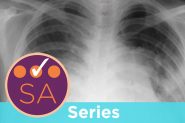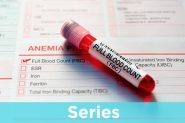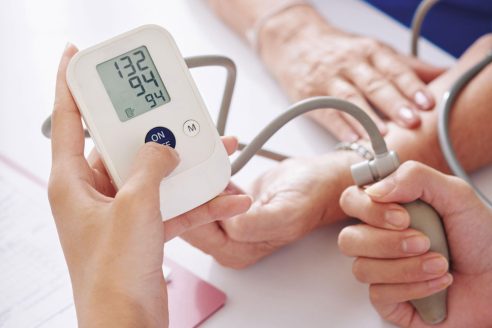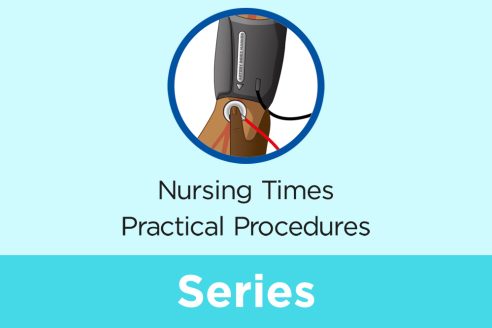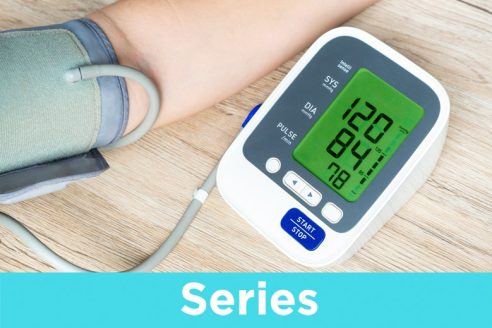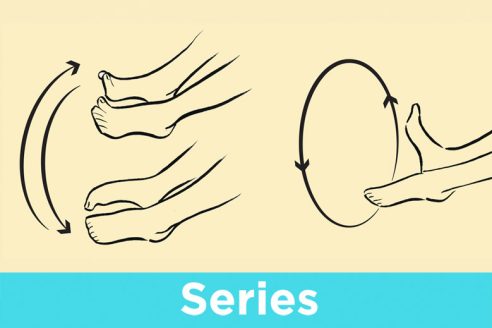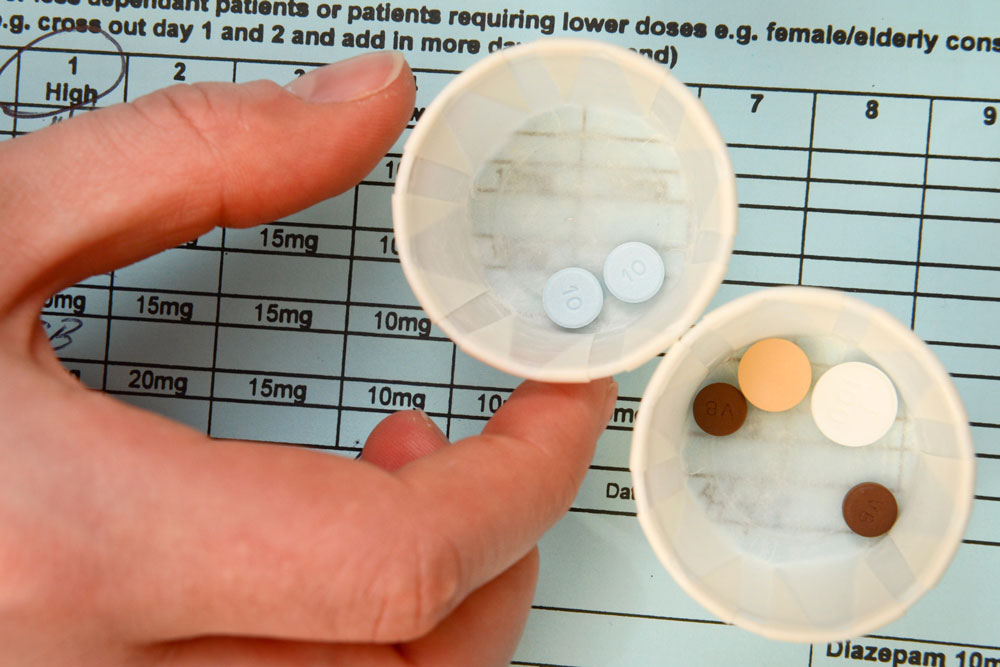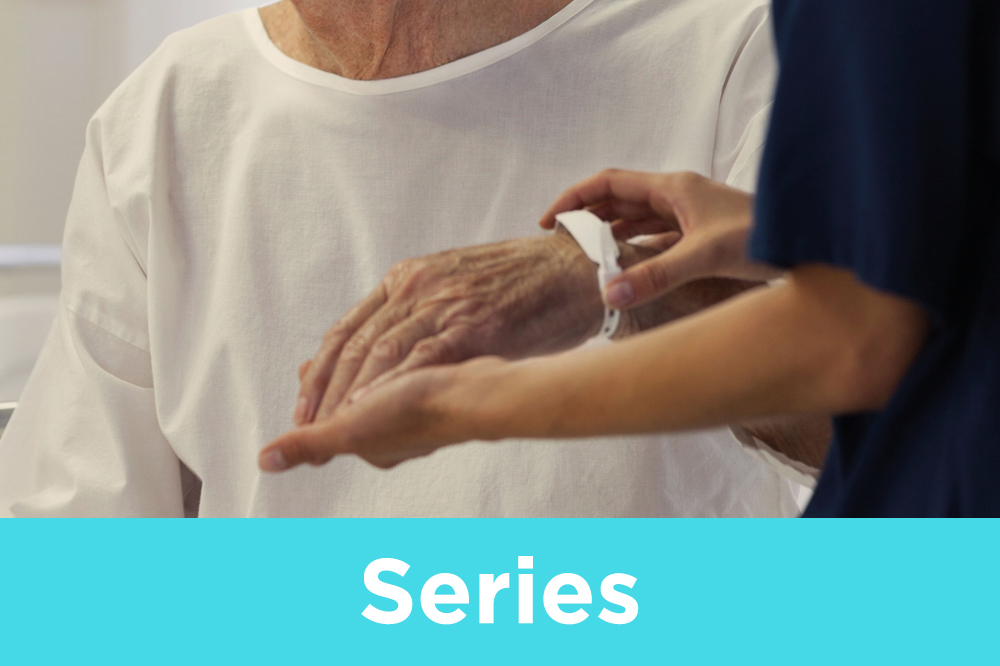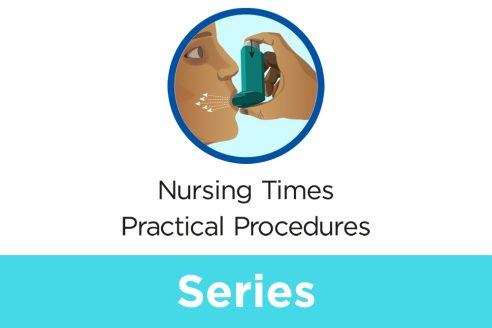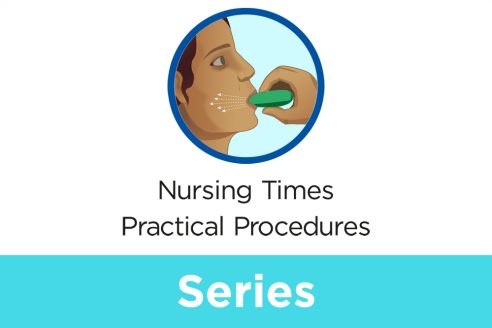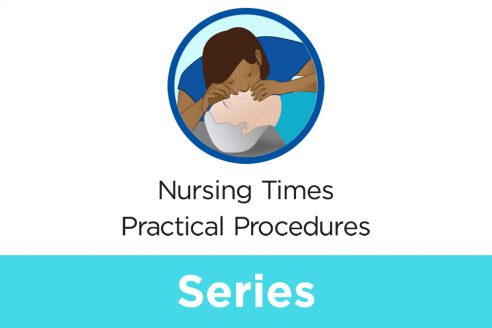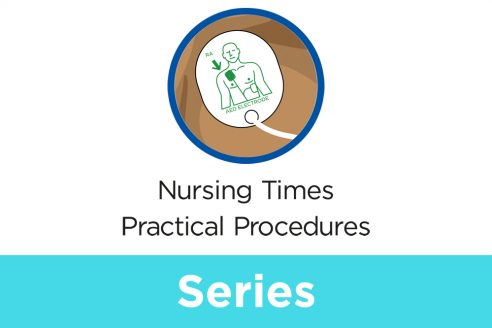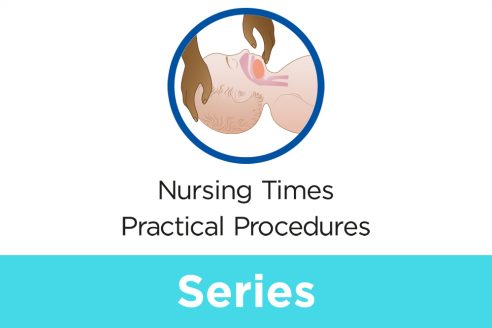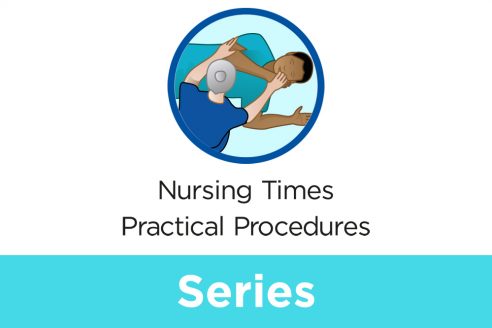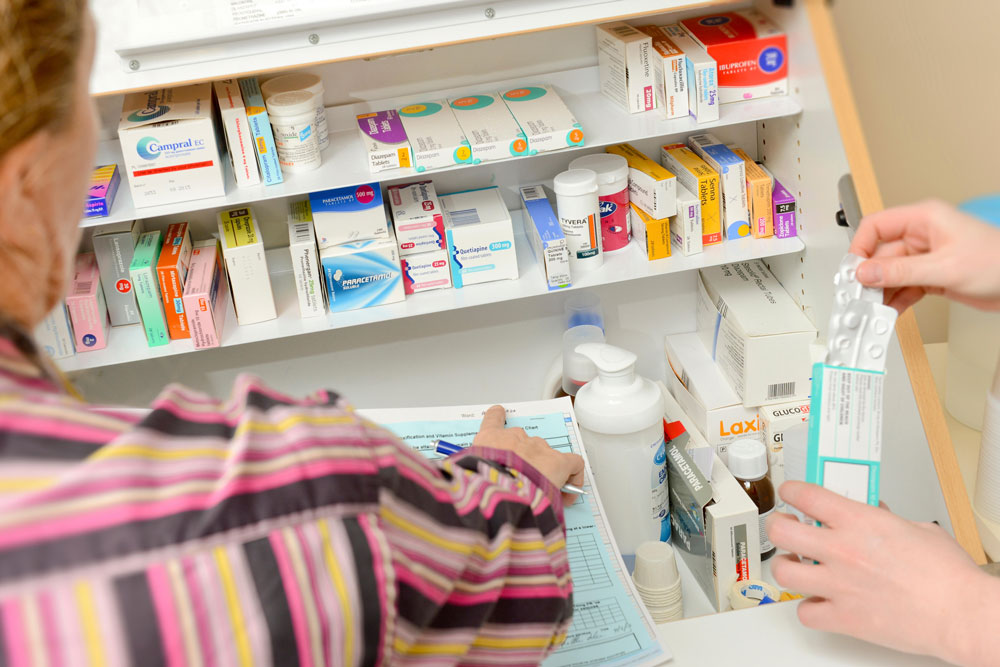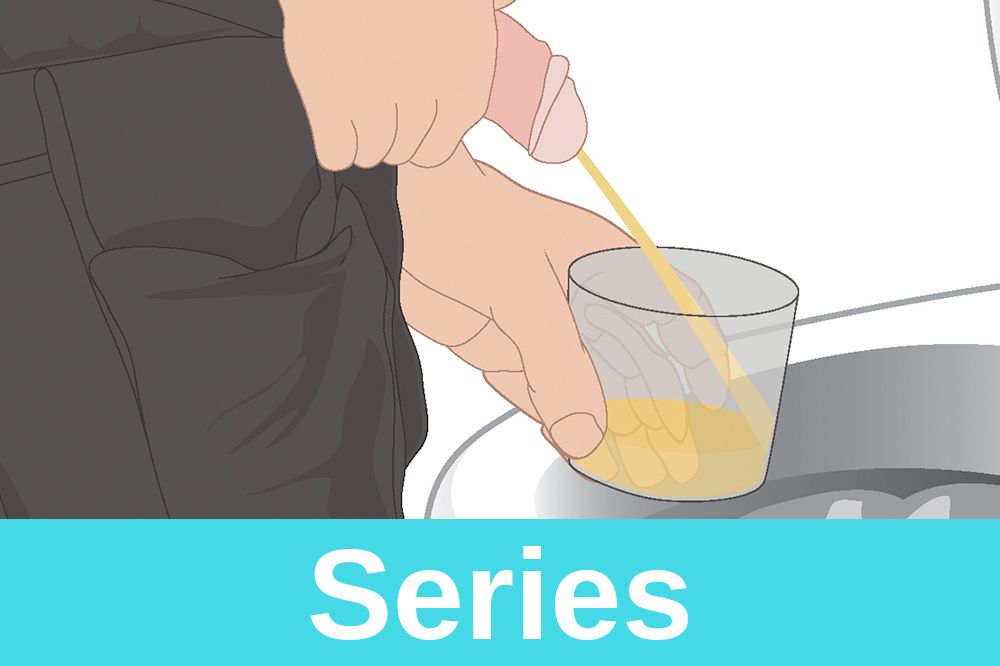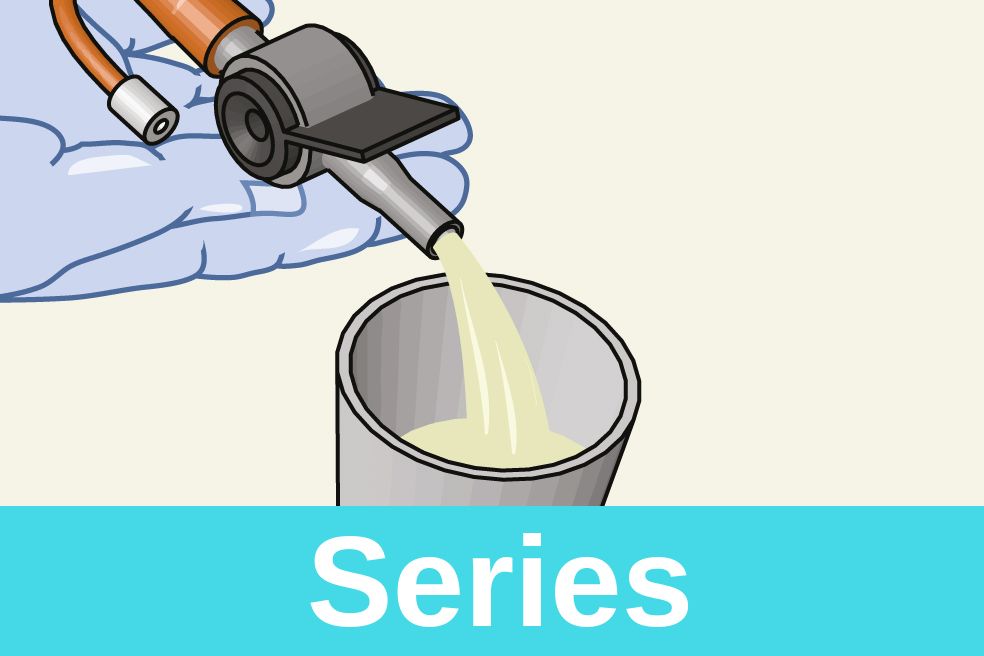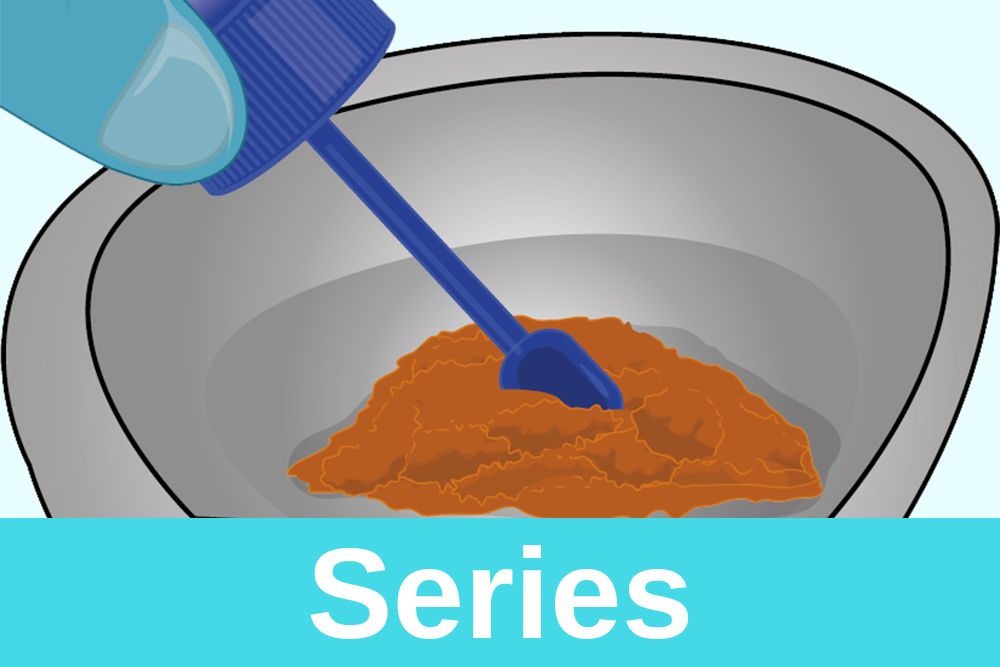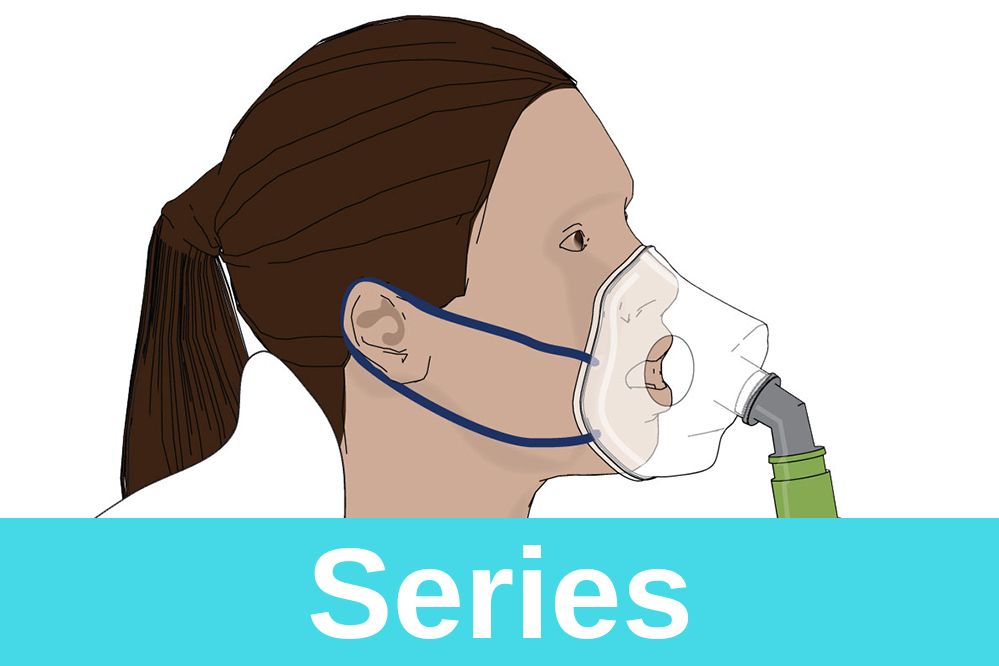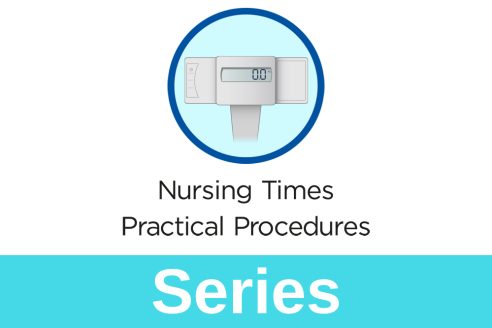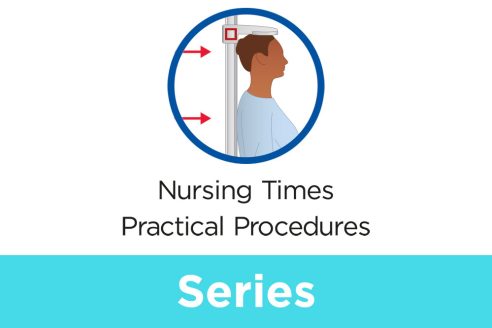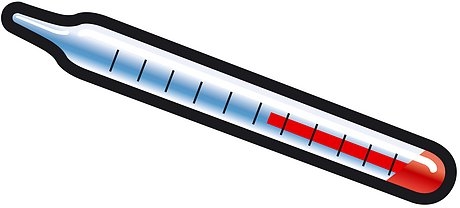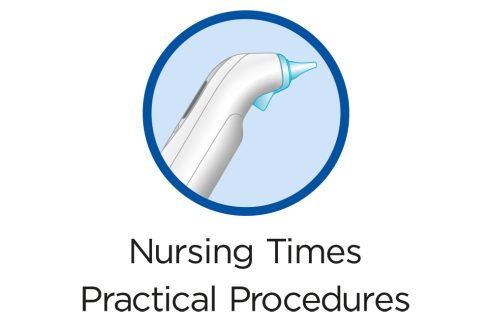Practical procedures

Registered nurses learn not only in formal settings but also from each other in clinical practice. It is essential that all nurses remain up to date with current evidence-based practice when carrying out clinical procedures, particularly when they are working with students, newly qualified nurses, nursing associates and unregistered staff.
Each month we publish an illustrated practical procedure guide based on the latest evidence and guidance.
Nursing Times Practical Procedures can be used:
• To support and update your practice
• As an educational resource when teaching other staff.
Advertisement
Latest from practical procedures: advanced assessment

Have a question about nursing? Ask Nursing Times has now answered over 100,000 questions helping students and nurses in their roles.
Our powerful AI search engine gives instant answers exclusively from the Nursing Times content. Click here to try now.




